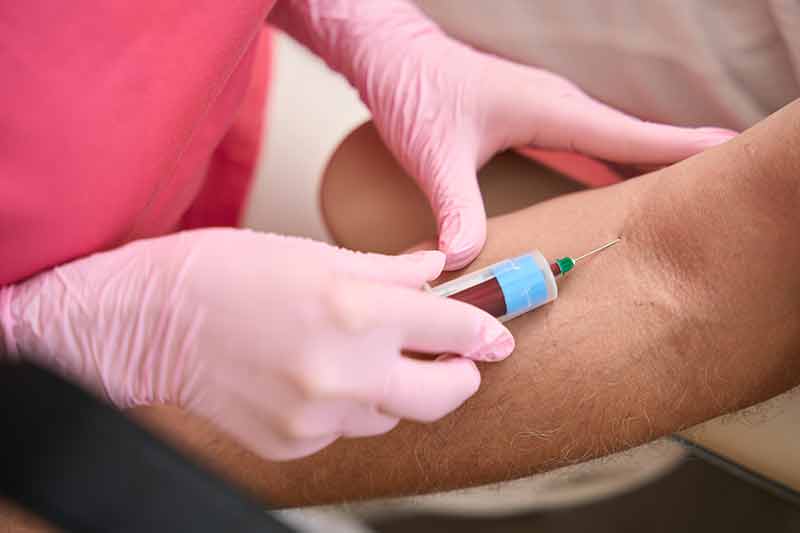Flu shots generally do not have a significant impact on blood work or laboratory test results. Here’s a breakdown of what you might need to know:
Effects on Blood Work
| Aspect | Impact |
|---|---|
| Routine Blood Tests | The flu shot usually does not affect routine blood tests like CBC (Complete Blood Count) or basic metabolic panels. |
| Immune System Markers | Temporary changes in immune markers might occur as your body responds to the vaccine, but these are typically minor. |
| Inflammatory Markers | Mild and transient increases in inflammatory markers may occur as part of the immune response to the vaccine. |
| Blood Sugar Levels | The flu shot is unlikely to impact blood sugar levels significantly. However, if you have specific concerns, consult your doctor. |
| Cholesterol and Lipid Levels | There is no evidence that the flu shot affects cholesterol or lipid levels. |
| Autoimmune Tests | Flu shots should not interfere with autoimmune tests, but if you have an autoimmune condition and are concerned, check with your healthcare provider. |
Considerations
- Timing of Tests: If you are having blood work done around the time of getting a flu shot, inform your healthcare provider. They might consider any minor variations due to the vaccine when interpreting results.
- Pre-existing Conditions: If you have specific health conditions or are on medication that affects your blood, discuss with your doctor how the flu shot might interact with your health status.
General Advice
- Inform Healthcare Providers: Always inform your healthcare provider if you have received a flu shot recently when undergoing any tests.
- Follow-Up: If you notice unusual symptoms or if there’s a specific concern related to your blood work, follow up with your healthcare provider for personalized advice.
Overall, flu shots are a preventive measure and are not known to cause significant changes in blood test results.

